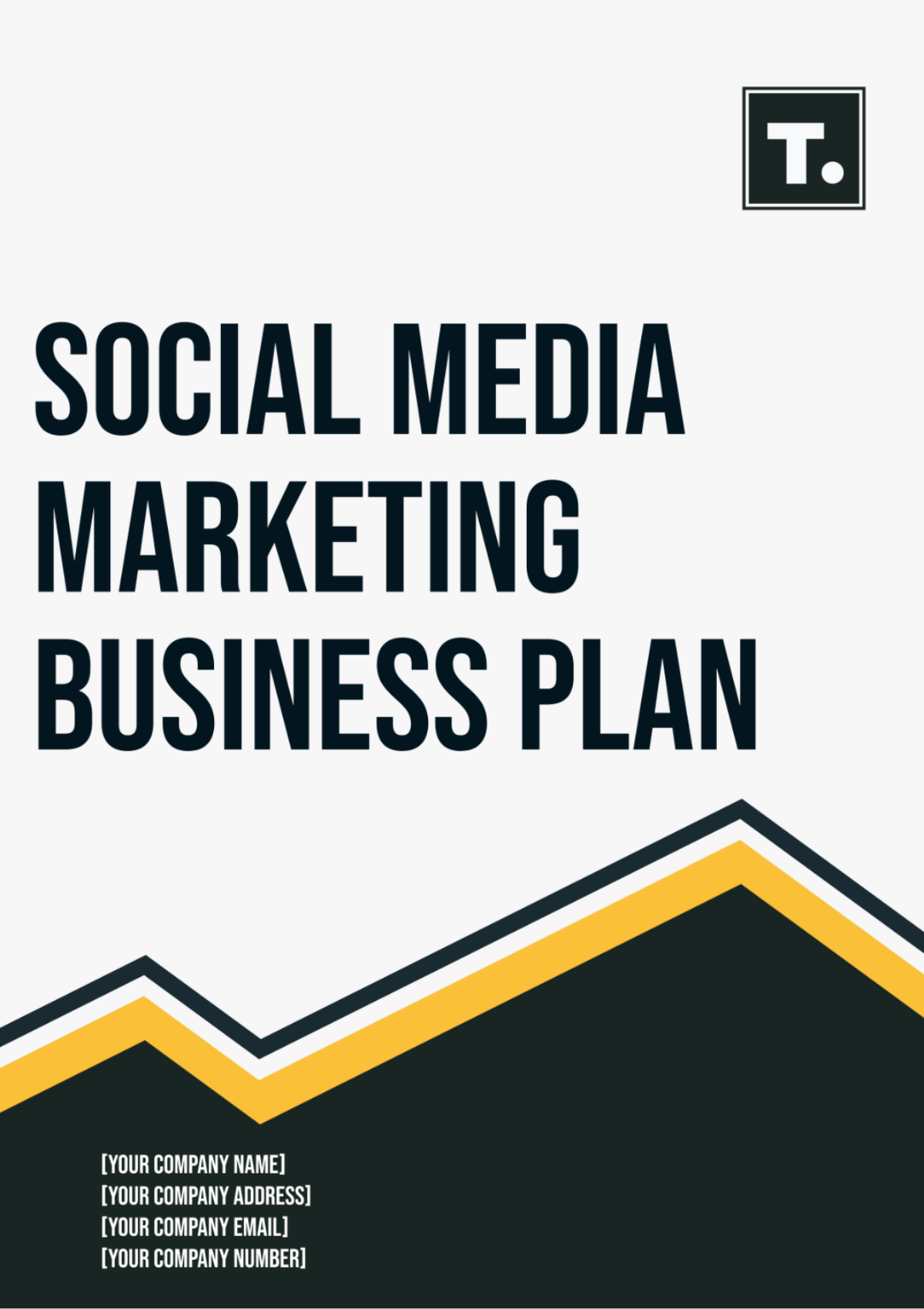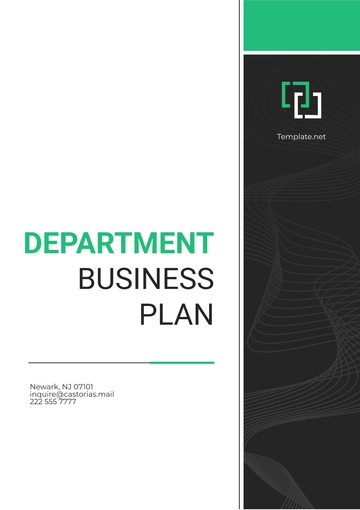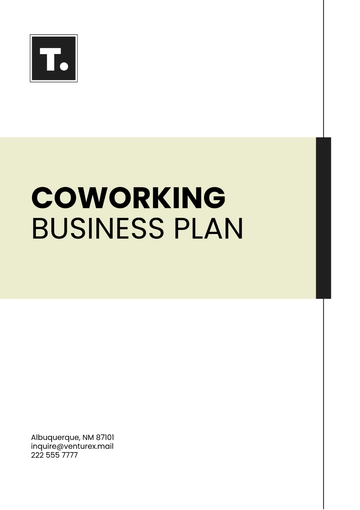Free Social Media Marketing Business Plan

I. Executive Summary
This business plan provides a comprehensive framework for launching and managing a social media marketing agency, [YOUR COMPANY NAME]. It outlines our objectives, services offered, target market, competitive analysis, operational strategies, and financial forecasts to establish and grow a successful social media marketing business.
II. Company Overview
Business Name: [YOUR COMPANY NAME]
Business Structure: [SOLE PROPRIETORSHIP, PARTNERSHIP, LLC, CORPORATION]
Location: [YOUR COMPANY ADDRESS]
Mission Statement: [YOUR MISSION STATEMENT]
Vision Statement: [YOUR VISION STATEMENT]
III. Services Offered
Social Media Management: Manage client social media profiles to enhance engagement and brand presence.
Content Creation: Develop compelling content tailored to client-specific audiences and platforms.
Paid Advertising: Implement and manage paid social media campaigns to maximize ROI.
Analytics and Reporting: Provide detailed reports and insights into campaign performance and audience engagement.
Consulting and Strategy Development: Offer expert advice and strategic planning to help clients achieve their marketing goals.
IV. Market Analysis
Industry Overview: Overview of the social media marketing industry, including trends and growth projections.
Target Market: Detailed description of the target demographic, including [AGE, LOCATION, BUSINESS SIZE, INDUSTRY].
Competitive Analysis: Identify key competitors, their offerings, strengths, and weaknesses.
Market Needs: Analysis of what businesses in the target market need from a social media marketing agency.
V. Marketing and Sales Strategy
Branding: Define branding strategies to differentiate [YOUR COMPANY NAME] in the market.
Marketing Channels: Outline the use of various channels such as social media, SEO, email marketing, and networking events to attract clients.
Sales Tactics: Describe the sales approach, including direct sales, online marketing, and partnerships.
Customer Retention: Strategies to retain customers, such as loyalty programs, exceptional customer service, and regular performance reviews.
VI. Operational Plan
Day-to-Day Operations: Description of daily operations, including client communication, content creation, and campaign management.
Tools and Technology: List of tools and software that will be used for social media management, analytics, and other business processes.
Staffing: Outline of staffing requirements, roles, and responsibilities.
VII. Financial Plan
Startup Costs: Detailed list of initial expenses required to start the business.
Revenue Streams: Description of primary revenue streams from various services offered.
Projected Income: Forecast of earnings over the next three to five years.
Budget: Breakdown of ongoing operational costs, including marketing, salaries, and office expenses.
VIII. Risk Management
Identifying Risks: Outline potential risks associated with running a social media marketing agency.
Mitigation Strategies: Strategies to mitigate these risks, including insurance, legal compliance, and crisis management plans.
IX. Milestones and Metrics
Key Milestones: Set milestones for business development, client acquisition, and revenue goals.
Performance Metrics: Establish metrics to measure the effectiveness of social media campaigns and business growth.
X. Appendices
Case Studies: Examples of previous work or hypothetical projects to showcase capabilities.
Resumes of Key Personnel: Backgrounds of the team members who will contribute to business success.
Legal Documents: Any necessary legal documents or licenses required to operate the business.
- 100% Customizable, free editor
- Access 1 Million+ Templates, photo’s & graphics
- Download or share as a template
- Click and replace photos, graphics, text, backgrounds
- Resize, crop, AI write & more
- Access advanced editor
Streamline your marketing strategy with Template.net's Social Media Marketing Business Plan Template. This fully customizable, editable template is designed to adapt to your unique business needs. Easily editable in our AI Editor Tool, it ensures a professional and personalized approach to your social media campaigns
You may also like
- One Page Business Plan
- Coffee Shop Business Plan
- Restaurant Business Plan
- Food Business Plan
- Real Estate Business Plan
- Executive Summary Business Plan
- Cover Page Business Plan
- Nonprofit Business Plan
- Daycare Business Plan
- Construction Business Plan
- Startup Business Plan
- Medical Business Plan
- Bakery Business Plan
- Service Plan
- Hotel Business Plan
- Catering Business Plan
- School Business Plan
- Healthcare Business Plan
- Transportation Plan
- Sports Plan
- Car Wash Business Plan
- Salon Business Plan
- Clothing Business Plan
- Farming Business Plan
- Boutique Plan





























